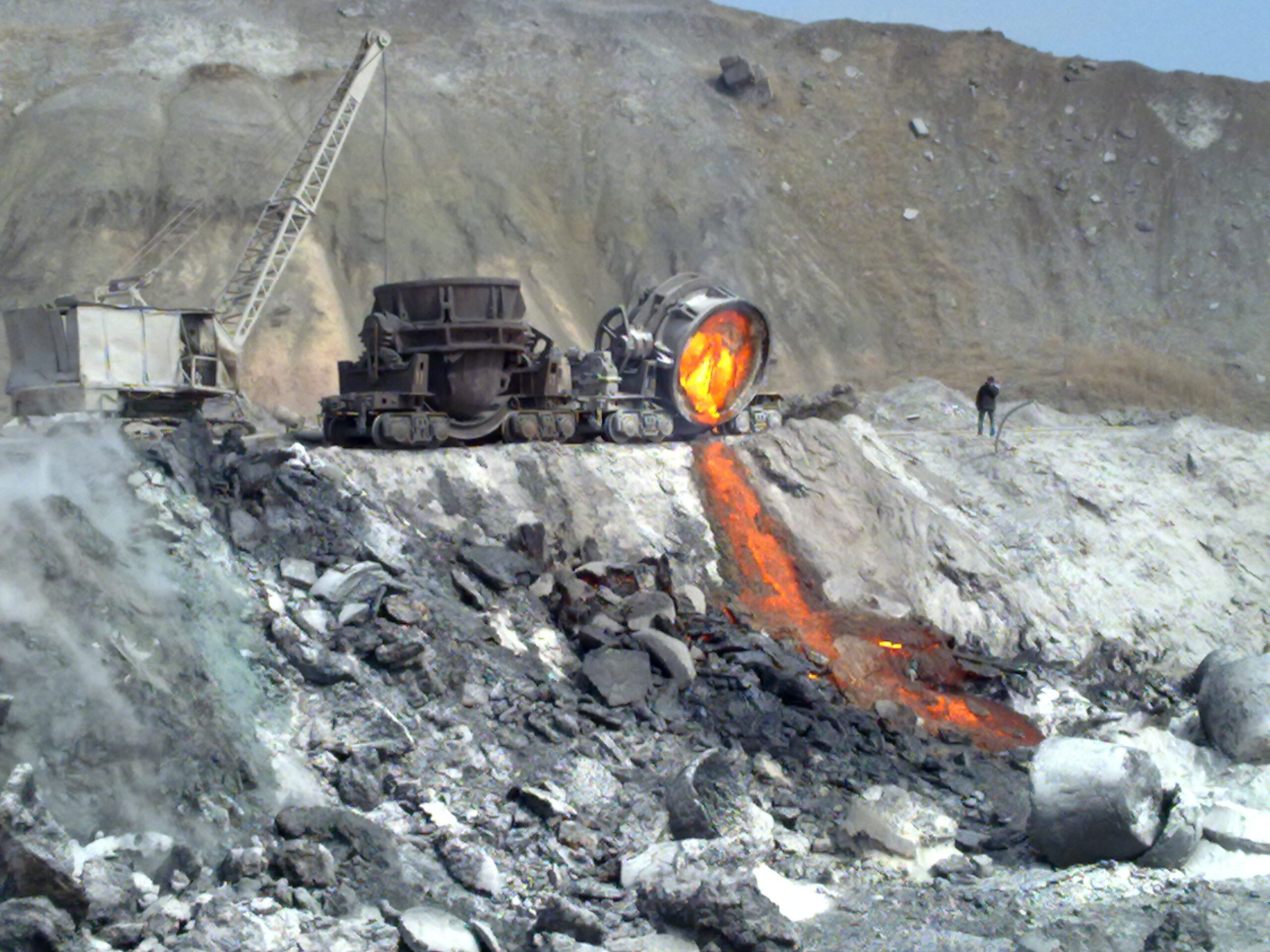Maximizing Profitability: How Buying and Exporting Non-Iron and Steel Slag Can Benefit Your Business
Maximizing Profitability: How Buying and Exporting Non-Iron and Steel Slag Can Benefit Your Business
Are you looking for new ways to boost your business’s profitability? Have you considered buying and exporting non-iron and steel slag? While it may not be the first thing that comes to mind, this overlooked resource can actually bring substantial benefits to your bottom line. In this blog post, we’ll explore the advantages of investing in non-iron and steel slag, how it can help maximize your profits, and what steps you should take to get started. So buckle up – let’s dive into the world of slag!
What is Non-Iron and Steel Slag?
Non-iron and steel slag is a byproduct of the iron and steel manufacturing process. It can be used as a fill material in molds or as a coating on other metals. Non-iron and steel slag can also be used in the production of concrete.
What are the benefits of exporting Non-Iron and Steel Slag, Ash and Residues from the Democratic Republic of Congo?
From a business perspective, there are many benefits to exporting non-iron and steel slag, ash and residues from the Democratic Republic of Congo. These products can be used in a variety of industries, from construction to automotive manufacturing.
Slag is a byproduct of the smelting process, and is made up of materials such as iron and other metals that have been removed from the ore. Ash is created when material is burned and combines with oxygen from the air. Residues are material left over after other substances have been removed during the smelting process.
Non-iron and steel slag, ash and residues can be used in a number of industries. Construction companies use it in concrete and mortar mixers, while automakers use it as raw materials for castings and other components. They can also be used in manufacturing processes like car production or pharmaceuticals.
There are several reasons why exporting non-iron and steel slag, ash and residues from the DRC would be beneficial for businesses. First, these products are in high demand worldwide due to their versatile uses. Second, the DRC has a well-established infrastructure that can support shipping operations efficiently. Third, the country has a stable economy that is relatively immune to global economic fluctuations. The government is supportive of investment initiatives in mineral resources sectors, which makes it an ideal destination for business exporters looking to capitalize on these opportunities
How can Wigmore Trading help you buy and export Non-Iron and Steel Slag, Ash and Residues from the Democratic Republic of Congo?
Wigmore Trading is a global trading company that specializes in purchasing and exporting non-iron and steel slag, ash and residues from the Democratic Republic of Congo. This material has many valuable uses, including the production of cement, Portland cement, iron ore pellets, and steel.
One of the benefits of working with Wigmore Trading is their experience in this market. Their knowledge of regulations and customs can help you avoid any delays or unexpected costs when exporting your materials. Additionally, they have a wide network of contacts in the industry, so you can be sure to find the best possible price for your products.
If you’re looking to increase your profitability through exporting non-iron and steel slag, ash and residues from the Democratic Republic of Congo, contact Wigmore Trading today.
What are the risks associated with exporting Non-Iron and Steel Slag, Ash and Residues from the Democratic Republic of
Non-iron and steel slag, ash and residues are commodities that often come with a high price tag, but they can also be a lucrative export market. Before exporting these materials, it’s important to understand the associated risks.
When buying or exporting non-iron and steel slag, ash and residues, it’s important to consider the environmental impact of the product. All three commodities may contain harmful chemicals that could contaminate local water supplies if exported improperly. Additionally, any waste products from the production process can present a safety hazard if not handled correctly.
Another risk when exporting non-iron and steel slag, ash and residues is the possibility of customs duty evasion. If you’re not familiar with the regulations surrounding these materials, you may inadvertently run afoul of these rules. Not paying duties on your exports could lead to penalties that could cost your business money in the long term.
There’s always the risk of theft during transit or while in storage. If your shipments are targeted by thieves, you could end up losing money on both the purchase price and any lost goods.








Comments are closed.